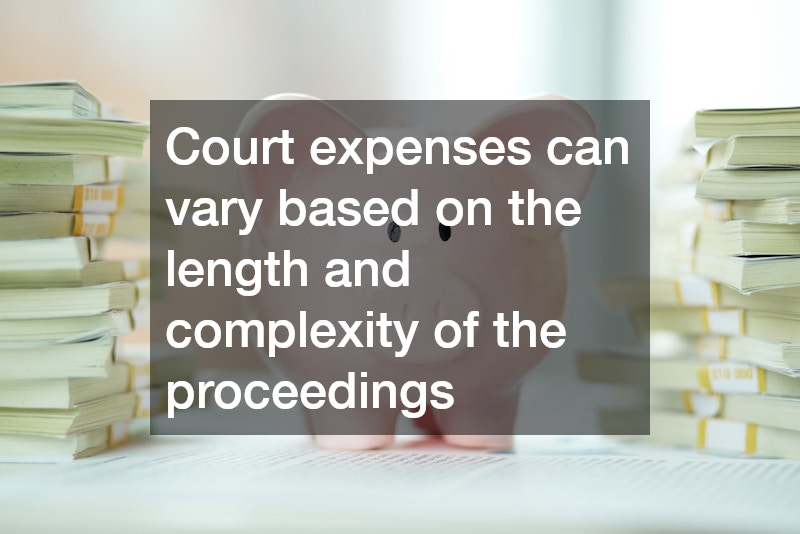Navigating the complexities of personal injury claims requires the guidance of a skilled injury attorney. Choosing the right attorney not only increases the likelihood of a favorable outcome but also provides the support needed to manage the legal intricacies effectively.
An experienced attorney can help you understand your rights and ensure that your interests are well-represented throughout the legal process. Their expertise can be invaluable in evaluating the specifics of your case and the potential compensation you may be entitled to receive.
By selecting a competent attorney, you can focus on recovery while they handles negotiations with insurance companies and other parties. This relationship can significantly impact the strength of your case and, ultimately, the settlement you achieve.
1. How to Choose the Right Injury Attorney
An attorney’s experience in personal injury law is crucial for navigating challenging legal waters. When evaluating potential attorneys, examine the depth of their experience and the outcomes of their past cases.
A proven track record provides insight into the attorney’s ability to handle complicated cases efficiently. Pay particular attention to any specialized expertise they might have relating to your specific type of personal injury claim.
With a successful record, attorneys typically possess developed negotiation skills crucial for maximizing settlements. This experience plays a significant role in determining the level of compensation available for your injuries and damages.
Effective communication is vital to a successful attorney-client relationship. From the initial consultation, judge whether the attorney is attentive, responsive, and clear in their explanations.
You need to feel comfortable with your attorney as you’ll share sensitive personal information throughout the case. Ensuring you are compatible in terms of communication style and expectations is key to a smooth legal process.
Keep in mind that open communication builds trust, a foundational element in any- successful partnership. Your comfort in discussing matters with your attorney can help reveal crucial details impacting the case’s outcome.
2. Understanding Legal Fees and Payment Structures
Contingency fees are common in personal injury cases, providing affordable legal options without upfront costs. In these agreements, attorneys receive payment only after you win your case or settle out of court.
Typically, the attorney’s fee is a percentage of the settlement or award, motivating them to strive for the best possible outcome. This arrangement aligns the attorney’s interests with your own, encouraging them to secure maximum compensation.
It’s vital to clarify the specific percentage and any other financial contingencies before signing an agreement. Transparency upfront helps prevent disputes later, allowing you to focus on your recovery and case resolution.

Alongside contingency fees, prepare for additional potential costs such as court fees and expert witness expenses. Understanding these costs upfront helps in budgeting and prevents surprises during the legal process.
Court expenses can vary based on the length and complexity of the proceedings. Expert witnesses might be critical for substantiating claims, yet they, too, can incur significant fees based on their expertise and time spent on your case.
Discuss these potential costs with your attorney to ensure they are experienced in minimizing expenses where possible. A confident attorney will have strategies to manage these costs without compromising the quality of your case.
3. What to Expect During the Legal Process
The initial consultation typically involves discussing your case’s specifics, the potential legal strategies, and your expectations. This meeting helps the attorney assess the merit of your case and whether they can provide the needed legal assistance.
You’ll be required to present any immediately available evidence and personal accounts of the incident. This information allows the lawyer to evaluate the strength of your case quickly and outline possible next steps.
Preparation is key; bring relevant documents so the attorney can provide a realistic assessment. This sets a clear trajectory for your case from the outset, aligning expectations to maximize efficiency.
A personal injury lawsuit can span from months to several years, depending on various factors such as case complexity and court schedules. Key litigation milestones include filing the lawsuit, discovery, settlement negotiations, and possibly trial.
During each phase of the litigation process, your attorney will provide updates and adapt strategies based on new developments. Patience and continuous communication with your legal representative are essential throughout this process.
Understanding the potential timeline helps manage expectations and reduce anxiety as you await resolution. With the guidance of a seasoned attorney, navigating these timelines becomes less daunting, ensuring preparedness for each subsequent stage.
The right injury attorney can make all the difference in your personal injury claim. Informed decision-making, backed by professional legal advice, ensures that you take confident steps toward obtaining justified recompense.
By understanding the evaluation criteria, legal fees, and legal process, you place yourself on a firm footing for engaging with skilled attorneys. Remember, finding a legal partner who aligns with your needs significantly influences case outcomes.
By preparing thoroughly and working closely with your attorney, you maximize your chance of a positive result. Always seek personalized advice to cater to your specific situation and safeguard your interests effectively.


